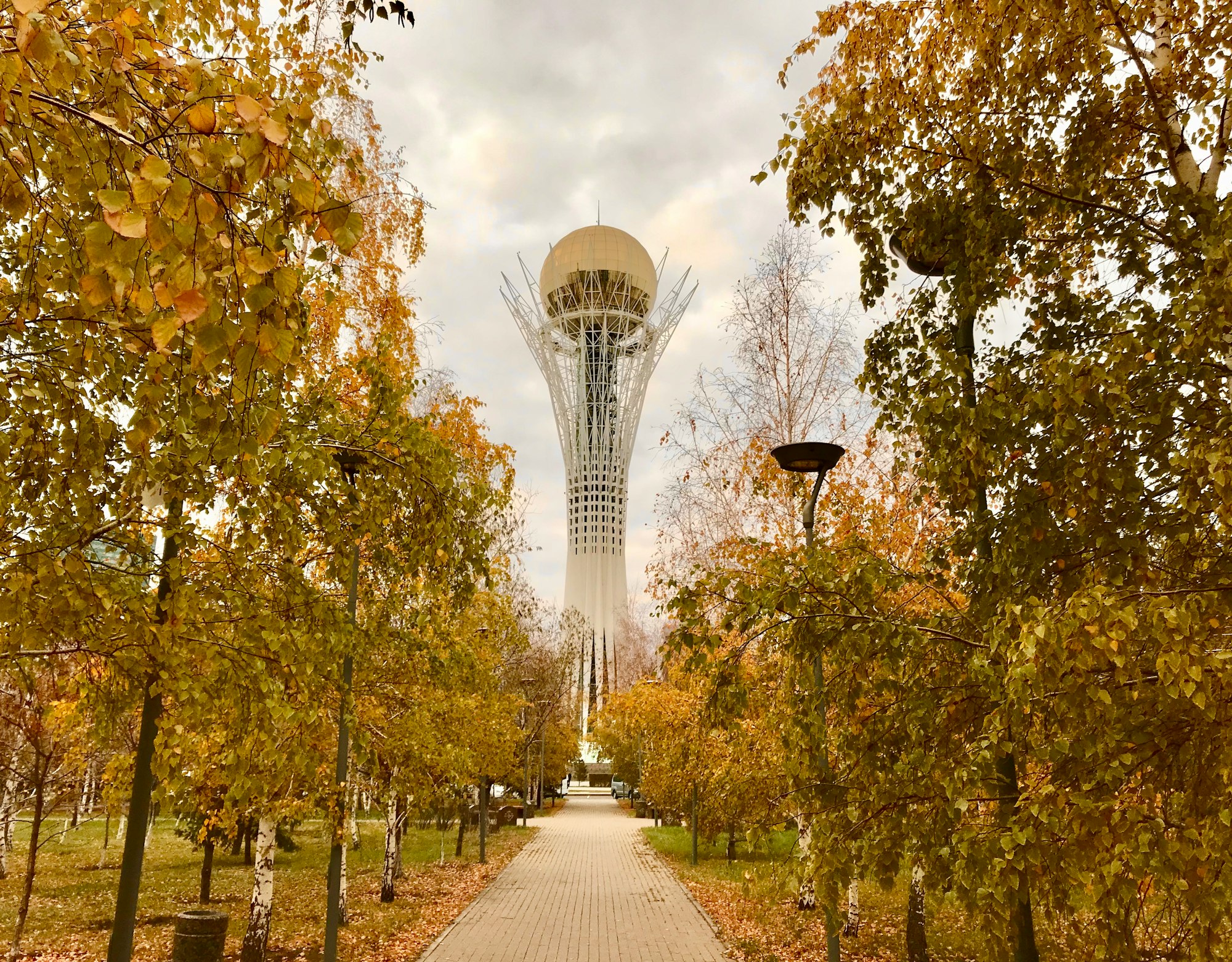On 27 January 2020, President Kassym-Jomart Tokayev created an Interdepartmental Commission under the Kazakhstani government to coordinate activities to prevent the occurrence and spread of Covid-19. It was chaired by Deputy Prime Minister Berdibek Saparbayev, and it included all governmental bodies and governors of the provinces and cities of Nur-Sultan, Alma-Ata and Shymkent. Since the first two Covid-19 cases were confirmed in Kazakhstan on 13 March 2020, official statistics have reported over 340,000 cases and 4,100 deaths. On 15 March 2020, President of Kazakhstan Tokayev declared a nationwide state of emergency from 16 March 2020 to 15 April 2020, and then extended it until 11 May 2020. On 19 March 2020, the Interdepartmental Commission imposed lockdowns in the two largest cities, Almaty and Nur-Sultan. Governors of certain provinces and mayors in other cities imposed similar lockdowns. The state of emergency and the stringent lockdown measures, including the stay-at-home orders, switch to online-only classes in schools and universities, closure of businesses and ban on all public gatherings, led to the cancellations of popular national holidays of Nowruz and the military parade on Victory Day.
On 6 May 2020, the Supreme Court of the Republic of Kazakhstan issued Explanation No. 1 on certain issues of judicial practice in connection with the introduction of the state of emergency. According to the Supreme Court, the state of emergency was both a force majeure event and a publicly known fact. The Supreme Court ordered courts to resolve disputes related to the inability to perform contractual obligations due to the state of emergency on the basis of the fundamental constitutional principles of social harmony, political stability, and economic development for the benefit of the nation. By that time, all civil trials were held online.
Having ended the state of emergency on 11 May 2020, yet facing a surge of the Covid-19 infections in June 2020, President Tokayev imposed a less harsh lockdown on 12 July 2020 and declared 13 July a National Day of Mourning in memory of the pandemic’s victims. The Interdepartmental Commission ordered the relaxation of the lockdown measures starting on 17 August 2020, by allowing the shopping malls, beauty parlors and fitness-centers to be open on weekdays. In 2020, public health inspectors imposed some 37,000 fines in the total amount of 3,6 billion tenge ($8.5 mln US) for various violations of lockdown measures. The violators - businesses and consumers - paid most of these fines (3 billion tenge).
In 2020, the government spent some 5.9 trillion tenge ($13.9 bln US) on the anti-pandemic measures and provided various tax exemptions for businesses. The State social insurance fund paid 42.5 thousand tenge ($100 US) per month to some 4,5 million working citizens of Kazakhstan who had lost income during the state of emergency by being forced to leave their jobs without pay. However, the guidelines on receiving the payments left potential applicants in deep confusion and led them to seek support on social media. The government also calmed down Kazakhstanis and promised not to criminally prosecute those who had applied for these payments without eligibility.
On 19 January 2021, the Health Minister Alexei Tsoy announced the mass vaccination against Covid-19 to start in February 2021. He said that the health care workers with high risk of infection would be vaccinated first, followed by the school and university teachers, law enforcement officials, citizens with heart, lung and diabetes diseases, and university students. The government emphasized that the vaccination was voluntary and planned to vaccinate nearly six million people by the end of 2021. Kazakhstan localized the production of Russia’s Sputnik V Covid-19 vaccine at the Karaganda Pharmaceutical Complex, which was registered on 13 February 2021. However, on 1 April 2021, in the context of rising Covid-19 infections, President Tokayev admonished the Health Minister for the slow rollout of vaccination. By that time, only 137,000 people – a minor percentage of an overall population of almost 19 million – had received a jab. A fraction of that total, 47,000 people, had received two doses. The Health Ministry sped up the rollout, and reported that, by 20 April 2021, 734,000 persons received at least one dose of the Sputnik V vaccine. At that time, it planned to vaccinate 10 million people by the end of 2021.
